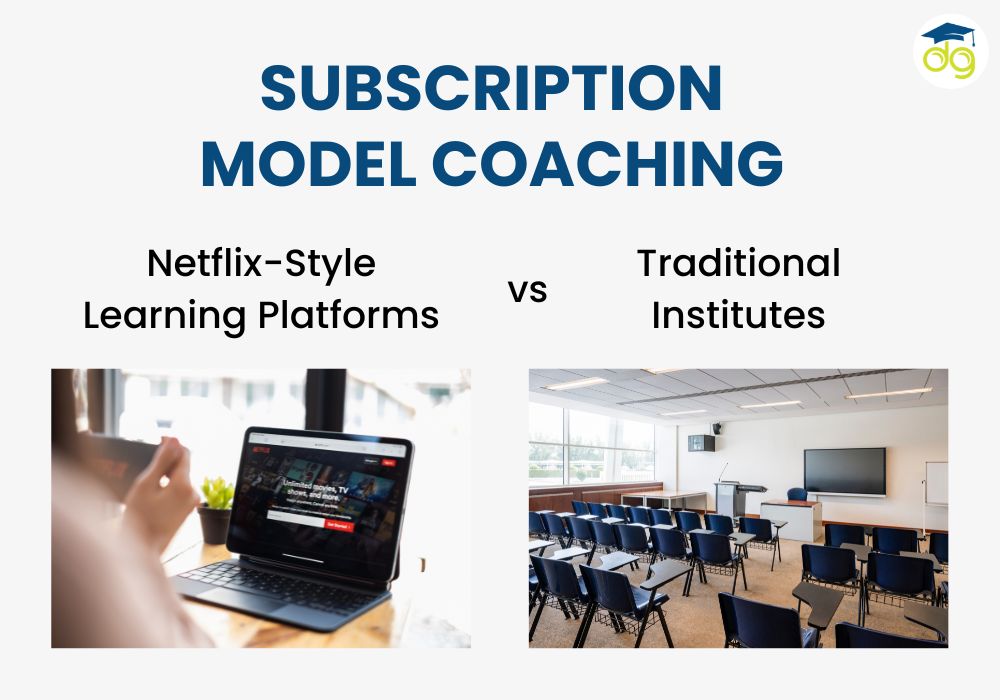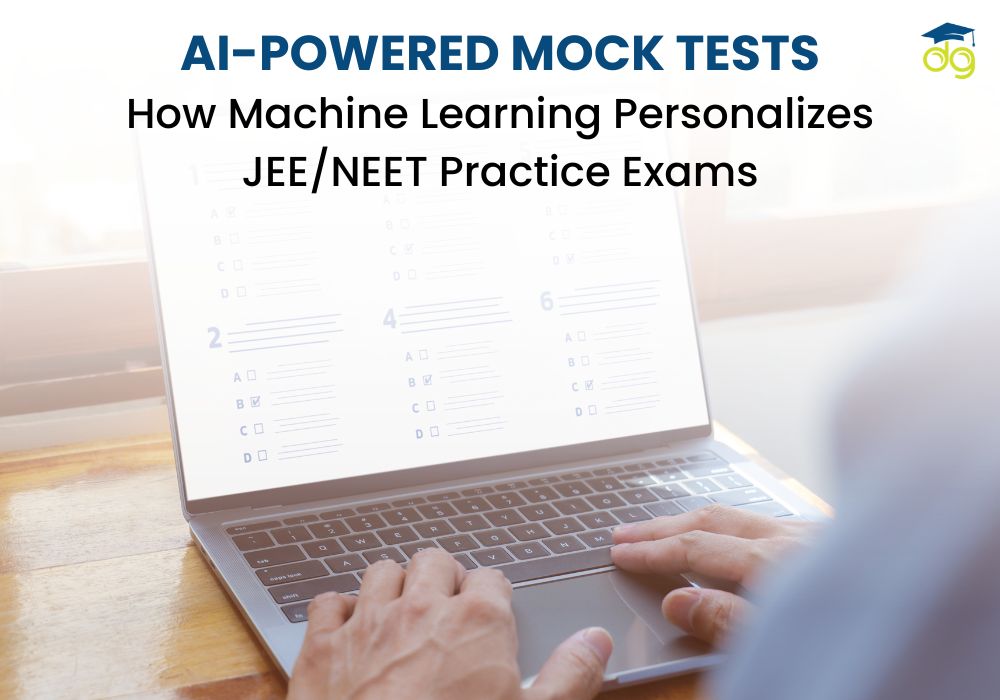Best Optional Subjects for UPSC Mains: How to Choose the Right One
Best Optional Subjects for UPSC Mains: How to Choose the Right One
Why Your UPSC Optional Subject Choice Matters
When preparing for the UPSC Civil Services Mains exam, the optional subject holds 500 marks—a significant chunk of your total score. A smart choice can give you an edge. The right optional can boost your overall ranking; the wrong one can hold you back, even if your General Studies (GS) papers are good.
Most candidates don’t realize that optional subjects show large variation in scoring patterns and overlap with GS topics. If you study one that aligns with your degree or interest, you’ll save effort and score better.
2. What to Consider When Choosing an Optional
Before choosing, ask yourself:
- Background: Have you studied the subject at college? Does it feel familiar?
- Interest: Are you genuinely interested in the subject’s content?
- Overlap with GS: Does the subject share common content with GS Papers I–IV?
- Availability of materials and mentors: Is there enough good coaching, books, test series?
- Scoring trends: Is the subject known to have consistent high scores or unpredictable marking?
- Answer writing ability: Can you write crisp, analytical answers in that subject?
Weight each criterion, then narrow your options to at most two before diving deep.
3. Subjects with High Overlap with General Studies
Certain optional papers overlap well with GS syllabus. This overlap saves time and reduces extra burden. Let’s examine three popular overlap subjects.
3.1. Public Administration
- Overlap: Significant overlap with GS Paper II (Polity, Governance).
- Key themes: Administrative theories, civil services ethics, budget, public policy, decentralization.
- Why choose it: Established structure and syllabus; many toppers choose it; clear patterns in previous years; lots of coaching and test series.
- Challenges: Writing style must avoid rote memorization; requires diagrams and flowcharts; may lose marks if answers are vague.
- Good for: Candidates with background in political science, public policy, or working in government.
Sociology
- Overlap: With GS Paper I (Society, Social Justice, Indian society and social diversity).
- Key themes: Social structure, stratification, social change, research methods, major Indian social thinkers.
- Why choose it: Simple language, straightforward concepts, high scoring if you build examples, diagrams, and current events notes.
- Challenges: Overlaps with GS ethics and GS I; many students choose sociology, so competition is high; some topics require sociological theory.
- Good for: Social science graduates, those interested in society analysis and topics like caste, tribe, marginalization.
Geography
- Overlap: GS Paper I (Geography of India and the world) heavily overlaps.
- Key themes: Physical geography, Indian geography, mapping skills, human geography.
- Why choose it: Easy to score if maps, diagrams and case studies are used; objective parts give reliable marks; overlap reduces new study material.
- Challenges: You need map practice; diagrams must be neat; physical geography must be precise; past year trend has cutoffs; coaching ecosystem costlier.
- Good for: Those with a geography degree, engineers (mapping, GIS-friendly), or analytical learners.
Subjects with Less Overlap but High Scoring Records
Some subjects don’t overlap much with GS, yet many aspirants score full marks or high bands. These require deeper interest and focused effort.
Anthropology
- Overlap: Minimal overlap. Anthropology is self-contained.
- Key themes: Human evolution, archaeology, Indian anthropology, social anthropology, ethics, tribal development.
- Why choose it: Historically high average scores; limited syllabus; many cases of first‑time takers scoring above 370/500; concise content; fewer aspirants.
- Challenges: You must write case studies, reference anthropological thinkers; if you skip topics you’ll lose continuity; not much overlap with GS.
- Good for: Curious learners, those with interest in human culture and tribal issues; those wanting a manageable syllabus.
Philosophy
- Overlap: Some overlap with GS ethics and ethics paper content.
- Key themes: Indian and Western philosophies, epistemology, ethics, logic, thinkers such as Plato, Kant, Confucius.
- Why choose it: Deep thinkers often do well; many aspirants score 90+ marks in each paper; essay writing uses philosophy quotes and examples.
- Challenges: Dense reading; abstract terminology; long quotations not enough; must explain in crisp language; time‑consuming to memorize theories.
- Good for: Logical or literature background; those comfortable with deep thought; strong readers.
Public Policy / Development Studies (if UPSC allows it)
Not always offered; varies by year. Suitable where available. It overlaps with GS Paper II and IV.
Traditional Subject Options – Mixed Overlap and Effort
History
- Overlap: GS Paper I Modern Indian History and Culture overlap well.
- Key themes: Indian history from ancient to modern times, art and culture, world history segments.
- Why choose it: Content clarity; answer writing benefits if you can narrate events; many reference books; predictable trend.
- Challenges: Very wide syllabus; requires memorization; limited writing space; cultural and art history can be vast.
- Good for: Humanities background, those who enjoy story‑like narrative.
Political Science & International Relations (PSIR)
- Overlap: GS Paper II (Polity, Governance, International Relations).
- Key themes: Political theories, Constitution, comparative politics, India’s foreign policy, global institutions.
- Why choose it: Good overlap; answer writing stays current with world events; good for IAS interviews too.
- Challenges: Vast section on IR; heavy reading of policy and press releases; must stay updated with foreign affairs.
- Good for: Those interested in politics, diplomacy, law, policy.
Economics
- Overlap: With GS II and III (Economy, Economic Development).
- Key themes: Micro, macro, Indian economy, planning, reforms, statistical analysis.
- Why choose it: Enjoyable for number‑friendly aspirants; many case studies; helps with other papers.
- Challenges: Needs numerical clarity; graphs, formulas, definitions; overlapping with GS is confusing if you mix concepts without notes separation.
- Good for: Commerce or economics grads, math enthusiasts, those comfortable with data.
Subject Comparison Table
Subject | Overlap with GS | Syllabus Size | Scoring Potential | Coaching Availability | Competition Level |
| Public Administration | Very high | Medium | High with effort | Extensive | High |
| Sociology | High | Medium | High | Extensive | High |
| Geography | High | Large | High if map‑skills | Extensive | Medium to High |
| Anthropology | Low | Small | Very high | Moderate | Low |
| Philosophy | Moderate (Ethics) | Small to Medium | High if clear | Limited | Medium |
| History | High (Modern Indian) | Large | Moderate | Extensive | High |
| Political Science & IR (PSIR) | High | Large | Moderate to High | Extensive | High |
| Economics | High | Medium to Large | Moderate to High | Extensive | High |
Success Stories and Case Studies
Many toppers have succeeded with lesser-known optionals. Here are some real-world examples:
- Toppers with Anthropology: Numerous first-time candidates have smashed it with Anthropology, scoring above 370 and winning interviews in first attempts, often with no prior background.
- Coaching-less toppers: There are many who chose Philosophy or Sociology without coaching, because material is concise and logic-based.
- Public Administration lovers: Students who have a government or civic background often pick Public Admin and score more than 400 easily.
These cases show that consistent preparation matters more than reputation or coaching.
Step-by-Step Process to Choose Your Optional
- List out 2–3 subjects you know or are interested in. For example, Public Administration, Anthropology and Geography.
- Check overlap with GS. If you’re already good at GS Paper II, you don’t need Public Admin.
- Assess materials and mentors available. If you're in a small town with no coaching, self‑paced subjects like Anthropology or Philosophy may suit better.
- Read a couple of PDFs or a chapter. If you enjoy the reading, you may click with that subject.
- Write a few mock answers. See how comfortably you can write the style.
- Check score distribution stats. If average marks are low and variation is high, it may be risky.
- Finalize one subject. Do not switch later unless absolutely necessary.
Preparing Your Optional Subject Right
Once you’ve chosen:
- Build notes thoroughly. Optional requires deep notes with theorists, examples, current affairs link and diagrams.
- Join mock answer writing. Submit one answer a week, get feedback.
- Keep track of current examples. For subjects like Pol Admin or PSIR, use recent policies, laws, statistics.
- Revise at least twice before the exam; optional subjects are unforgiving if not revised.
Mistakes to Avoid with Optionals
- Don’t ignore the syllabus breadth. Missing a small topic could cost you 30 marks (e.g. archaeology in Anthropology).
- Avoid nearest‑number guesswork. Answer quality matters more.
- Don’t depend solely on coaching answers. UPSC expects originality and coherence.
- Don’t mix GS and Optional. Keep separate notes unless there is clear overlap.
- Don’t keep flipping subjects. Once you pick, stick to it unless fundamental reasons change.
The Role of Optional in Final Ranking
Optional marks can make or break your rank. Someone scoring 320 in GS + 350 in optional (total 670) will rank higher than a peer scoring 360 in GS + 250 in optional (total 610). The final ranking is based on total actual marks, not GS alone.
Answer Writing Tips for Optionals
- Start with a brief introduction, define terms.
- Use diagrams, flowcharts, tables where relevant.
- Cite thinkers, laws, case study examples.
- Provide your own analytical view — e.g. "However this theory fails because… In Indian context…"
- End with a conclusion summarizing or projecting forward.
Practice writing within word-limits and learn time management.
Planning Your Optional Preparation Timeline
Here's a sample study plan for a 12‑month preparation (assuming foundation begins after Prelims):
- Months 1–3: Understanding syllabus, concept notes, and reading basics.
- Months 4–6: Writing small answers (10–30 marks), start mock tests.
- Months 7–9: Full-length optional mocks; target at least 8 mocks; refine answer style.
- Months 10–12: Revise notes monthly, practice old optional papers, polish weak topics, mock interviews.
Handling Exam Pressure and Staying Consistent
Optional preparation can be enjoyable or stressful depending on your choice. To stay motivated:
- Set small, weekly writing goals.
- Keep an answer tracker: monitor progress.
- Engage in peer review or discussion group.
- Reward yourself when you cross milestones.
Remember: scoring high in optional becomes easier with familiarity and writing practice.
Final Recommendations Based on Aspirant Profile
Student Background / Profile → Recommended Optional
- Background in Humanities / Social Sciences: Public Administration or Sociology.
- Science or Engineering: Geography or Anthropology.
- Interest in Philosophy or critical thought: Philosophy.
- Interest in historical narratives: History.
- Economics / commerce / finance background: Economics or PSIR.
FAQs
Q1. Can I change my optional after Prelims?
Yes, but it’s risky. You lose time if you switch. Only change if your initial preparation is fundamentally weak.
Q2. Do optional scores affect Interview?
Not directly. Interview has its own 275 marks. But confidence from optional mastery helps calmly handle interview.
Q3. Is Sociology easier than Public Admin?
Both have their strengths. Sociology is narrative and concept-driven; Public Admin can require current government knowledge.
Q4. How many answer sheets should I practice?
Aim for 30 to 50 quality optional answers before Mains.
Q5. Do optional subject toppers get extra help?
No. UPSC follows uniform marking rules. But understanding expectations helps them write more focused answers.
In Summary: Which Optional Should You Pick?
If you prefer familiarity, pick Public Administration or Sociology.
If you want smart opportunity and low competition, go with Anthropology or Philosophy.
If you want overlap with your degree and GS, Geography, Economics, or History might suit.
Choose only one subject. Prepare it well.
Use consistent answer writing, revision, and testing to boost your score.
Final Thought
Your optional subject can be a key asset in UPSC Mains—it can lift your total score beyond what your GS capability alone could give. But only if chosen wisely and prepared consistently.
The best option is not the one everyone picks—it’s the one you can study deeply, write clearly, and enjoy learning. With focused preparation and clear strategy, you can get full marks in optional. Do not underestimate its impact.
For more personalized guidance, sample optional answers, mentor feedback, and curated resources, visit Skoodos Bridge—a dedicated platform for UPSC aspirants that helps you plan smart, stay focused, and succeed.
Good luck choosing your optional and preparing for Mains. With commitment and clarity, you can make optional your strength.
Categories
Archives
- October 202513
- September 202520
- August 202522
- July 202524
- June 202524
- May 202526
- April 202530
- March 202523
- February 202513
- January 202523
- December 202429
- November 20246
- September 20245
- August 202422
- July 202415
- May 20249
- June 202424
Similar Posts

Space Technology Careers: ISRO Opportunities Beyond Aerospace Engineering
by Skoodos Bridge

Digital Detox Strategies for Competitive Exam Students in 2025
by Skoodos Bridge

Subscription Model Coaching vs Traditional Institutes: Netflix-Style Learning
by Skoodos Bridge

Green Engineering Careers: Sustainable Jobs Through GATE, ESE & PSUs
by Skoodos Bridge

Coaching Institute Mergers in India: Impact on Students & Education Quality
by Skoodos Bridge

Pomodoro 2.0: AI-Optimized Study Intervals for Better Focus
by Skoodos Bridge

Micro-Meditation Techniques for Exam Stress Relief in 3 Minutes
by Skoodos Bridge

AI-Powered Mock Tests Transform NEET & JEE Preparation in 2025
by Skoodos Bridge

How to Build a Career Abroad After Graduation: Step-by-Step Guide 2025
by Skoodos Bridge


Leave a Comment